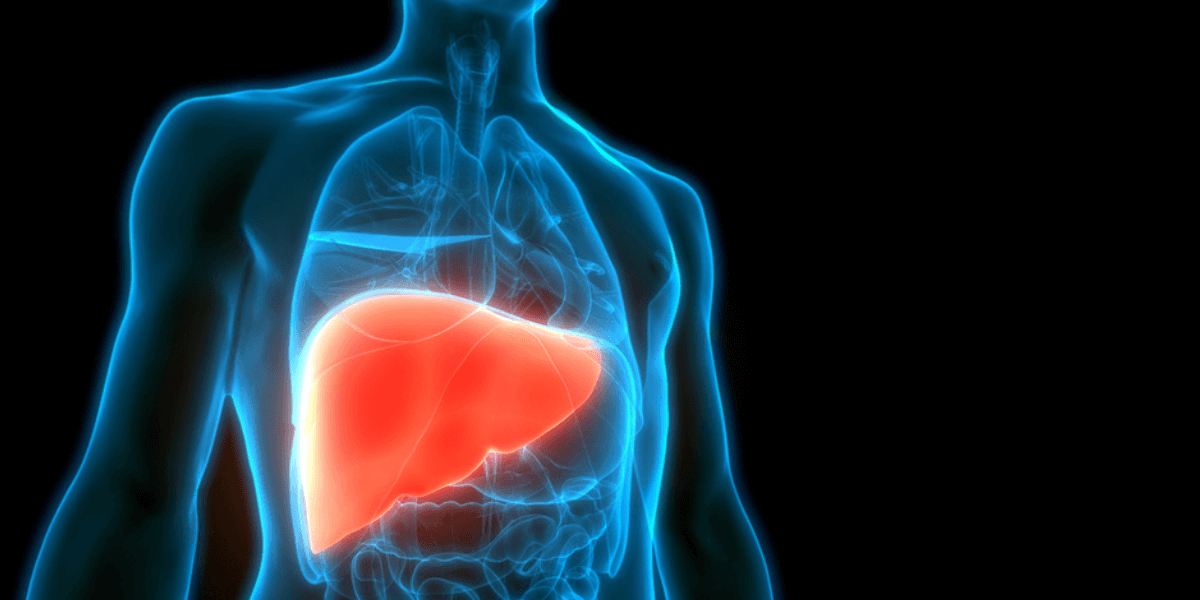


Liver cancer, a silent disease, primarily originates in your liver cells. This particular disease usually does not manifest any signs in its early stages. Several types of cancer can occur in the liver; however, the most frequent type of liver cancer is hepatocellular carcinoma.
It stems from a principal type of cell, i.e., hepatocyte. Annually, around 25,000 men and 11,000 women have liver cancer in the United States of America. Here is everything you need to know about liver cancer treatment to promptly curb the disease.
Liver cancer is a form of cancer that develops in the cells of the liver. It occurs when abnormal cells form a tumor in the liver and begin to multiply. There are two principal types of liver cancer: primary, which originates in the liver, and secondary, which develops when cancer cells migrate to the liver from other body regions.
Various factors play a pivotal role in increasing the chance of hepatocellular carcinoma (HCC) and the risk of liver cancer. The following list contains some the significant factors that increase the risk of liver cancer:
1. Long-Term (Chronic) Viral Hepatitis
Chronic infection with hepatitis B (HBV) or hepatitis C (HBC) virus is one of the most typical risk factors for liver cancer. Both viruses can spread as liver cancer infections from one person to another via blood transfusions, sharing impure needles, etc.
2. Race/Origin of Birth
The study has shown that in the United States, Asian Americans and Pacific Islanders are more prone to liver cancer infections.
3. Cirrhosis
A disease where liver cells get entirely damaged and are substituted with scar tissue, leading to a massive risk of liver cancer.
4. Diabetes
Individuals with this blood sugar condition are more likely to have liver cancer.
See Also: What Is the Main Cause of Liver Cancer?
Liver cancer occurs when the liver cells encounter mutations in their DNA makeup. Every chemical reaction in your body has a set of instructions stored in each cell's DNA. These instructions vary with genetic mutations. One outcome is that cells tend to multiply uncontrollably and eventually form a tumor (cluster of cancerous cells). One of the notable causes of liver cancer is alcohol consumption. Another prominent cause of liver cancer includes a condition called “hemochromatosis,” where the body takes and stores excess iron.
Some of the most familiar signs/symptoms during the early stages of liver cancer include:
The estimated period a person can live with a damaged liver depends on the severity of the infection, its origin, and the individual's health. The 2017 study indicated that a very common disease, i.e. non-alcohol-related fatty liver disease, can reduce a person's lifespan by an average of 4 years. On the contrary, the liver disease cirrhosis can seriously lessen the life duration of individuals. Liver failure occurs when a liver completely stops functioning. During this time, a person can only survive one or two days, excluding treatment.
There are several tests and procedures to diagnose liver cancer. Some prevalent medical assessments are mentioned below:
Treatments for liver cancer are based on the stage of disease, age of the person, and overall health. Some of the highly preferred treatments at Far North Surgery Center are-
Surgery: This is suggested by a doctor in specific circumstances, consisting of removing the liver cancer and a small part of healthy tissue surrounding the tumor. This option is recommended based on the location of cancer in the liver and the intensity. Sometimes, a liver transplant is done where the liver is fully removed and replaced with a healthy liver by the doctor.
Radiation Therapy: X-rays and protons are among the most effective therapies that help destroy cancerous cells and tumors.
Chemotherapy: This therapy involves drugs to kill the fast developing cancerous cells.
Localized Treatments: These treatments are conducted directly on the cancerous cells or the region surrounding them. There are various types of localized treatments, such as heating and freezing cancer cells, injecting alcohol into tumors, injecting chemotherapy drugs into the liver, placing tiny beads with radiation, etc.
See Also: Fatty Liver Diet: What You Should Eat or Avoid
The skilled and board-certified general surgeons of Far North Surgery in Anchorage, AK, have the necessary qualities and experience to help you recover from liver cancer. Dr. Prasad, awarded with Best of Anchorage Awards for Cancer Treatment, is delighted to assist you alongside other well-known specialists to offer effective medical care. If you are looking for a trusted doctor who can treat liver cancer near you, Connect with us today!